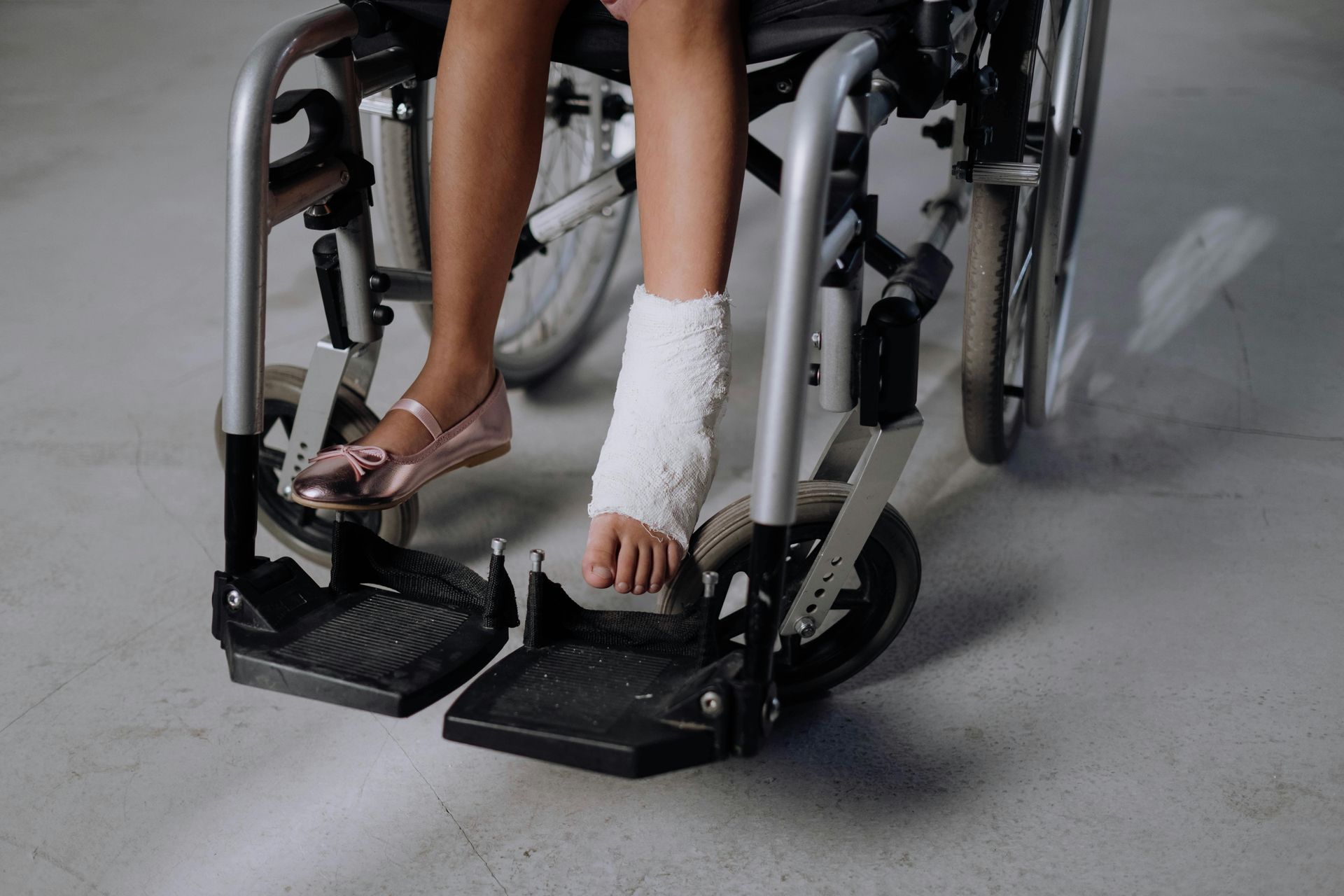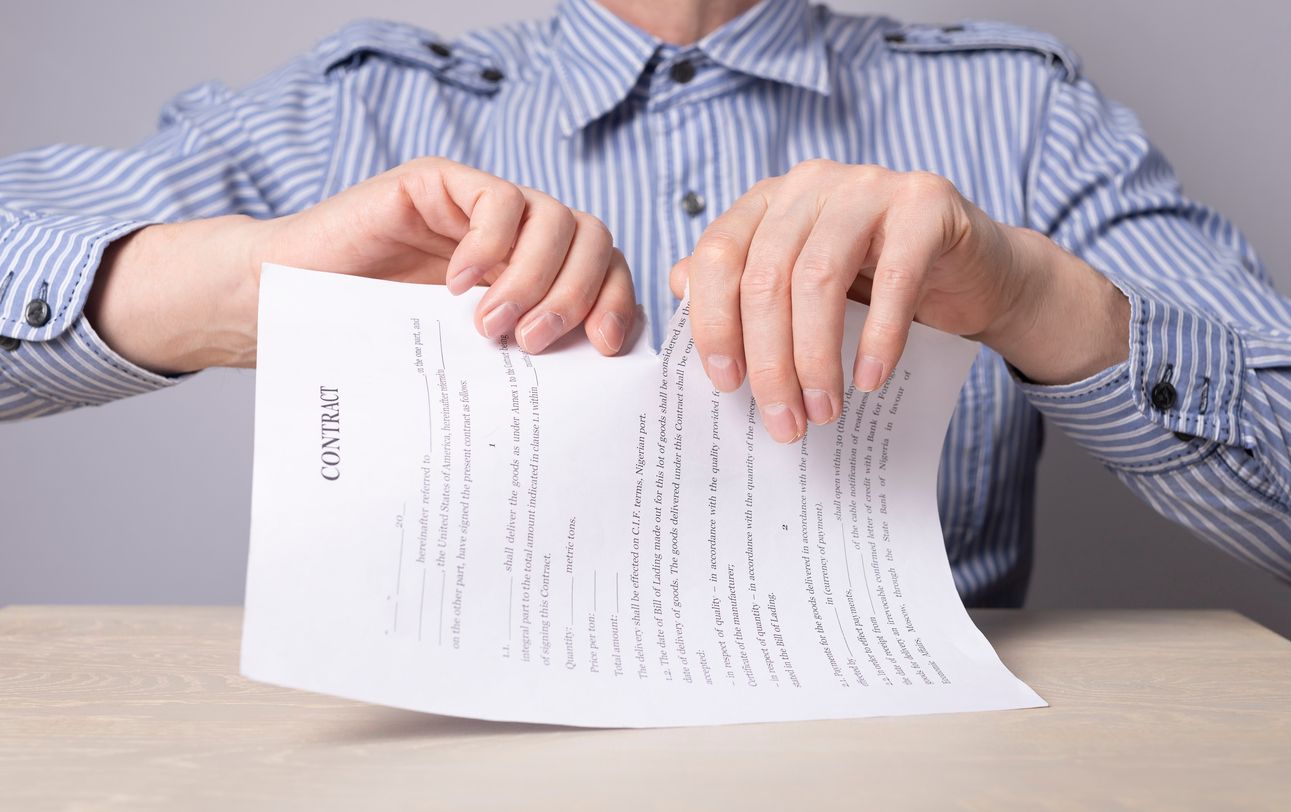How To Choose The Right PI Attorney
Finder Law Serves Clients Across Jefferson City, Columbia, and Central Missouri
When you’ve been injured in an accident due to someone else's negligence, finding the right personal injury attorney can make a world of difference in how your case is handled. A skilled attorney can help ensure that you receive the compensation you deserve for medical expenses, lost wages, pain and suffering, and other damages. But with so many options, how do you choose the best personal injury lawyer for your case? Here's a guide to help you navigate this important decision.
1. Experience Matters
The first thing you should look for in a personal injury attorney is experience. You want a lawyer who specializes in personal injury law, as this area of law is complex and requires specific knowledge. A lawyer who regularly handles personal injury cases will be familiar with the local courts, procedures, and what strategies work best in your area.
Look for an attorney who has experience in the specific type of case you're dealing with. For example, if you've been injured in a car accident, you’ll want a lawyer who has handled many similar cases. Ask about their track record and how they’ve handled cases similar to yours.
2. Reputation and Reviews
A lawyer's reputation can speak volumes about their ability to handle cases. Research potential attorneys by reading reviews and testimonials from past clients. Websites like Google, Avvo, and even the Missouri Bar Association can provide valuable insights.
In addition to online reviews, consider asking for referrals from family, friends, or colleagues who may have worked with a personal injury lawyer in the past. Word-of-mouth recommendations can help guide you toward a trusted attorney.
3. Check Credentials and Qualifications
A qualified personal injury attorney should be licensed to practice in Missouri and have a clean disciplinary record. You can verify this by checking with the Missouri Bar Association.
4. Consider Communication Style
Effective communication is key to a successful attorney-client relationship. When meeting with a potential lawyer, take note of how they communicate with you. Are they attentive, clear, and transparent about the process? A good attorney will take the time to explain your rights, the legal process, and answer any questions you may have.
Choose an attorney who is approachable and ensures that you understand your case. You should feel comfortable reaching out to them for updates or clarification, and they should be responsive to your inquiries.
5. Personalized Approach and Resources
Every personal injury case is unique. The right attorney will treat your case as a priority and provide personalized attention to your needs. Avoid lawyers who seem too busy to give your case the time and focus it requires.
6. Contingency Fee Structure
Most personal injury lawyers work on a contingency fee basis, meaning they only get paid if you win the case. This structure allows you to pursue legal action without upfront costs. However, be sure to discuss the specifics of the fee arrangement, including the percentage the lawyer will take from your settlement or verdict. The typical attorney fee is 33% for cases settled outside of court and 40% if it goes to trial. Be wary of attorneys whose fees exceed those.
Make sure that the contingency fee is clearly outlined in the contract before you sign anything. Keep in mind that while fees are negotiable, you should be wary of attorneys who promise quick, unrealistic outcomes or charge unusually high fees.
7. Free Initial Consultation
Many personal injury attorneys offer a free initial consultation. This is a great opportunity to meet with the lawyer, discuss your case, and assess whether they are a good fit for you. During the consultation, take note of how the lawyer evaluates your case. They should provide a clear, honest assessment and outline a potential course of action.
This initial consultation is also a chance for you to ask about their experience, success rate, and approach to handling cases. Pay attention to how comfortable you feel during the meeting, as your comfort and trust in the attorney are essential for a successful working relationship.
8. Location and Accessibility
Choosing an attorney who is local to your area can be beneficial, as they will be familiar with the local court system, judges, and other legal professionals in your area. A local lawyer is also easier to reach in person, should you need to meet with them.
While larger law firms may have the resources to handle complex cases, sometimes a smaller, local firm can provide more personalized attention. Find a lawyer or law firm that feels right for you.
9. Evaluate Their Track Record
Before making a final decision, ask the attorney about their track record in handling personal injury cases. Specifically, inquire about their experience in obtaining favorable settlements or verdicts for their clients.
A lawyer with a proven track record of success will have a higher likelihood of securing a positive outcome for your case. While no attorney can guarantee a specific result, their history of favorable outcomes can give you confidence in their ability to handle your case effectively.
Final Thoughts
Choosing the right personal injury attorney requires careful research and consideration. By following these guidelines and evaluating each attorney based on their experience, reputation, communication, and resources, you can feel more confident in your decision. Remember that your personal injury case is important, and the right attorney can help you navigate the legal process while securing the compensation you deserve. Take your time, ask questions, and trust your instincts when making this critical decision.
At Finder Law, we have over a decade of experience in personal injury and our attorney has secured millions of dollars for his past clients. We treat each case individually and believe in giving each and every case the attention it deserves. We pride ourselves on our client satisfaction rate and will work tirelessly to get you the settlement you deserve.
This blog is for informational purposes only and does not constitute legal advice. For specific guidance, please contact our office directly.












